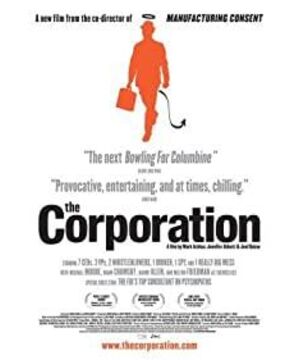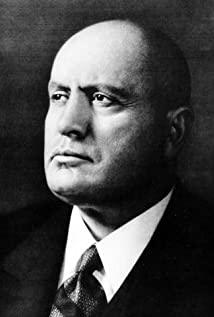Mark has been working on an economic documentary for a long time, but he did not expect that in fact, it involves a lot of historical content.
The documentary explains the characteristics of a group of people (people engaged in business) who set up a business, and they gather together for more profit. Corporate interests override other things.
The labels on some clothes stated that part of the income would be donated to children in the xx area. In fact, 13-year-old child labor was employed in the factories of these brands. I guess I will think about it for a while when I look at similar tags.
Enterprise development also brings pollution:
Sure enough, petrochemical companies cannot escape being condemned.
Companies manipulate the mass media to write the news they want.
View more about The Corporation reviews











